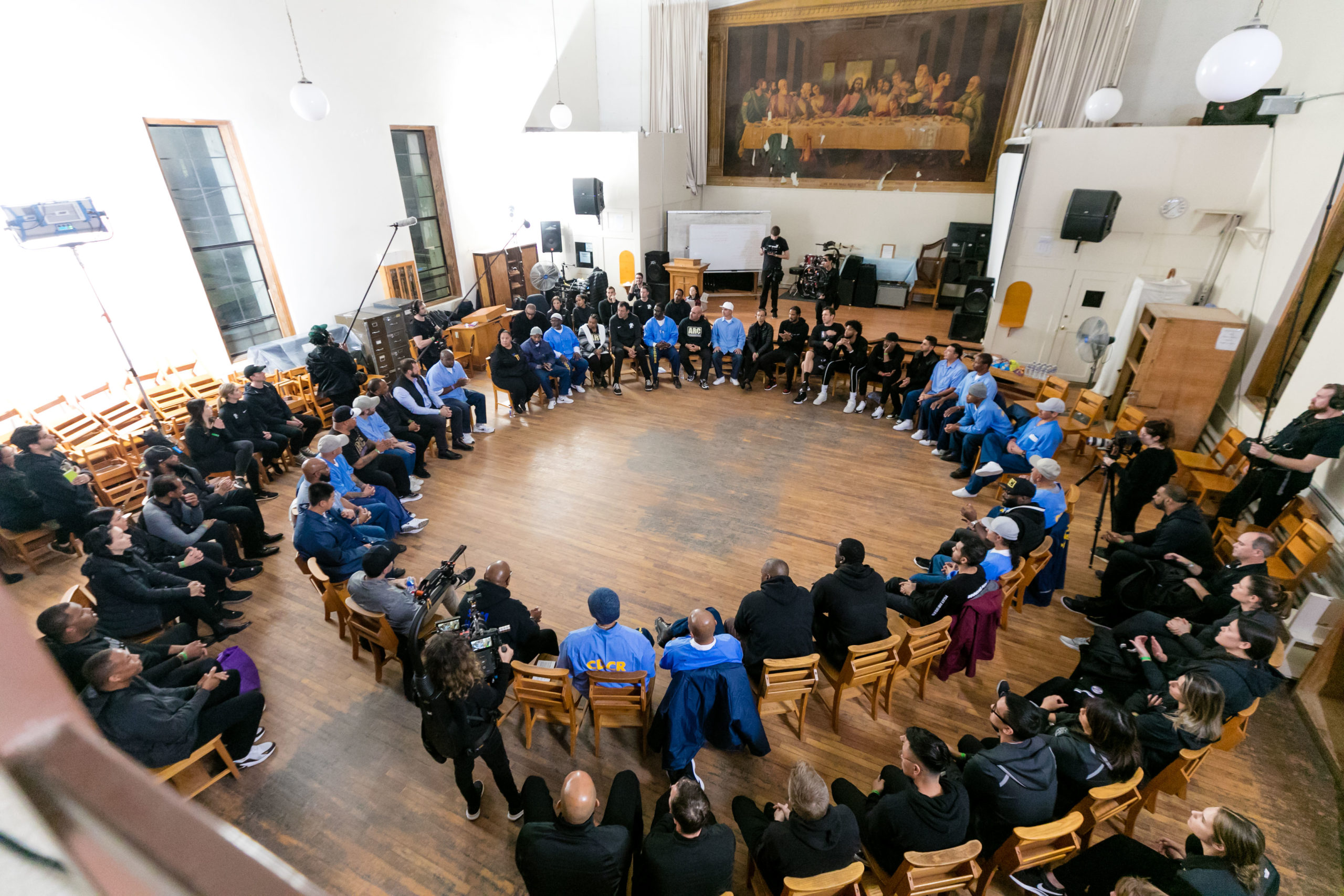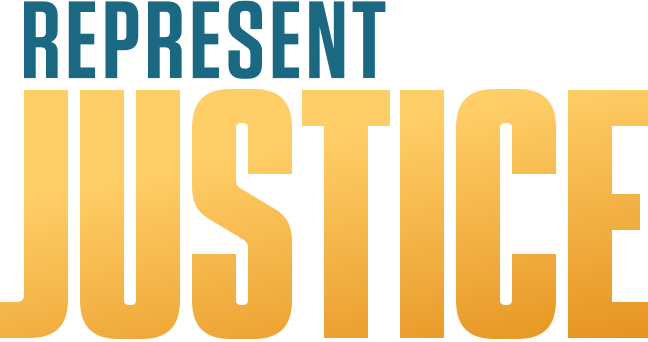The opportunity to create a fairer justice system is open to us, if we want it

It’s been a long and difficult year since George Floyd, a loving father, brother, son and friend, was killed by Minneapolis Police Officer Derek Chauvin. The heartbreaking visuals of what George Floyd experienced, the defiance of the officer, and the arduous court proceedings which followed reopened so many traumatic wounds among Black and brown communities.
Like so many others, I was transported into an old, familiar state of mind. The feeling of being powerless in the midst of excruciating anger and pain. But it wasn’t that feeling which struck me the most. What strikes me the most is the amount of times we’ve been here before, where the suffering of Black and brown people has been lifted up as an inflection point in our society. You can go back to the killings of Trayvon Martin, or Mike Brown, or Philando Castille, or Amadou Diallo, and so many other cases of police violence against Black people in history that have made us confront the realities of racism in policing and our justice system.
The conversations around the way our justice system links back to the core of oppression have been going on for decades. The national uprising spurred by the killings of George Floyd, Breonna Taylor and Ahmaud Arbery have shown us that the cultural conversation around racism and policing has evolved, but not enough.
Still, there is something about these last 12 months that has felt like we have the potential to change our course.
The tragedy of George Floyd’s killing last year was made unique by the way the public engaged with it. The momentum that was generated over the summer made it so those most removed from the harm and the racism of the justice system can no longer escape it. Narrative power, hard fought and earned by decades of community organizing, has reached a point where this will not leave public attention.
It’s clear that so many of us collectively feel the rending pain of the past year. but the pain is a predictable consequence of the system that has been upheld for centuries. A carceral system reliant on punishment, deep-seated racism and dehumanization, and one that has been over-invested in for decades at the expense of building resources that cultivate true community wellbeing.
While the movement to change our justice system has made incredible strides and has become organized, through the work of incredible leaders, we need to see people who are not directly impacted by the justice system or racism feel a sufficient sense of urgency that this can’t continue. And, for a broad swath of the American public to dismiss all of the myths they’ve been taught around fairness and justice in this country, but instead become proximate and embrace the reality that so many people in this country are living. Those least impacted must demand change.
As I look back on where we were last May — and mourn the life of George Floyd and so many other Black people who have been killed at the hands of police — I find my hope in the leaders who are presenting incredible solutions in their own communities.
Leaders like Stacey Abrams, who leveraged her experience and knowledge of community into a long, hardwon fight to tackle suppression among Black voters.
Leaders like Represent Justice’s Ambassadors who work tirelessly to change our justice system from all directions. They focus on community-led solutions, whether it is the immense support that Kerry Myers and the Louisiana Parole Project and Donna Hylton and A Little Piece of Light offer to returning residents, or the organizing network of system-impacted people that Norris Henderson and VOTE have cultivated in Louisiana to influence policy at the local, state and national levels.
In California, April Grayson works with the Young Women’s Freedom Center to end the criminalization of young women and girls, and Jarrett Harper focuses on finding a way to interrupt the foster care to prison pipeline.
These are the folks we’ve got to listen to, invest in and stand alongside. And it has to be a collective effort.
The answers are in front of us, and this opportunity to create a new, better system is real. It’s up to us to seize it.
Daniel Forkkio
Represent Justice CEO

